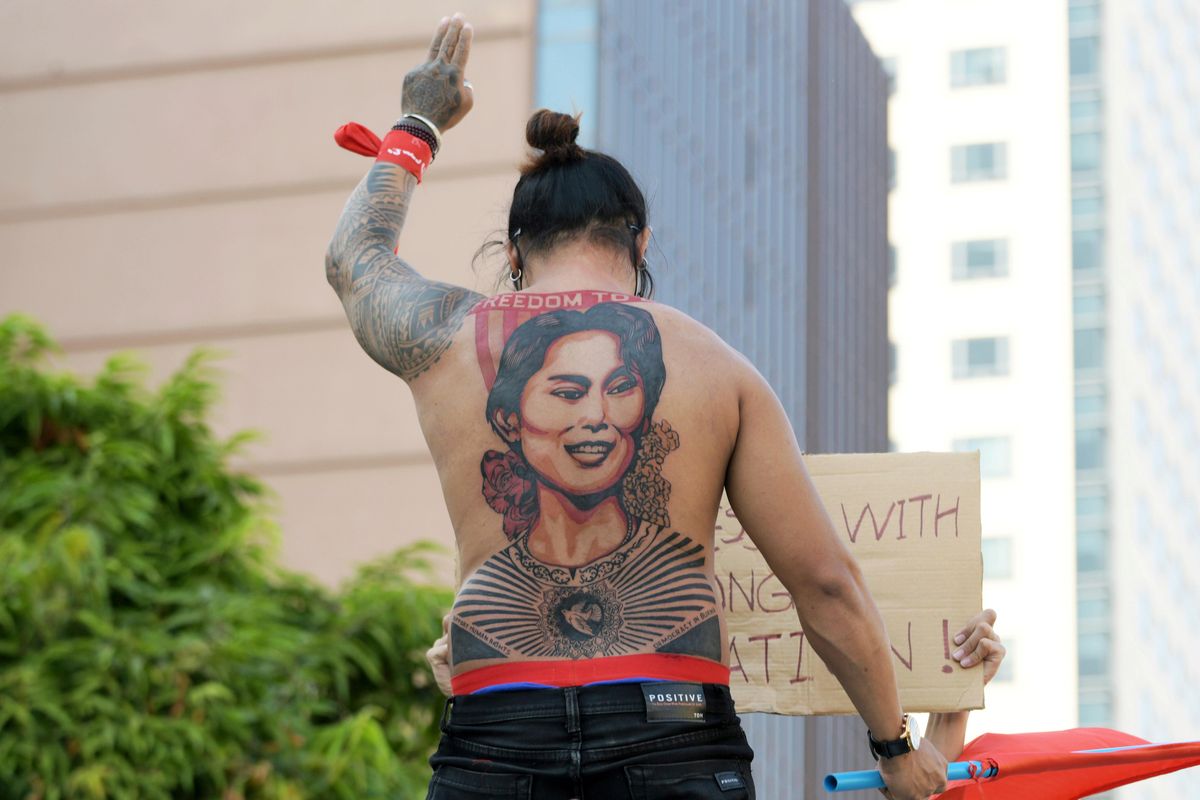Myanmar protests test junta's patience: It didn't take long for the Myanmar military junta to get an earful from the streets. Since staging a coup last week, in which they detained civilian leader Aung San Suu Kyi, they have been met with a growing protest movement in the capital, Naypyidaw, and other cities across the country. Flying the flag of Suu Kyi's National League for Democracy party and carrying images of Lord Buddha, the protesters say they are demanding an end to "dictatorship." The generals, for their part, have so far showed restraint, deploying water cannons against the protesters this time, rather than shooting them dead, as they ended up doing in 1988 and again in 2007. But the military has warned ominously that it won't tolerate actions that undermine "state stability, public safety, and the rule of law." With the world watching, will the generals change tack and crush the protests after all — in the end, who's to stop them?
Haiti's term limit turmoil: Haiti's embattled President Jovenel Moïse said Sunday that his government had arrested more than 20 people whom he accused of plotting to overthrow his government. For months, Haiti has been wracked by deepening political turmoil and violence over what should be a simple question: when does the president's term end? Moïse's opponents say that his five-year term was due to expire on Sunday, and they've called for a two-year transition government. But the president argues that because an interim government ran the country during the first year of his term, he actually has until February 2022 to lead. Top justices in Haiti as well as human rights advocates have sided with the opposition, but the Biden administration, as well as the Organization for American States and the United Nations, are all in Moïse's corner, for now. With no obvious way out of the deadlock at the moment, Haiti — the Western Hemisphere's poorest country — is on the brink of a potentially disastrous explosion of political violence.
Israel's Netanyahu in the dock: Just six weeks out from Israel's fourth general elections in the past two years, Prime Minister Benjamin "Bibi" Netanyahu is back in court facing a host of corruption charges. Bibi, Israel's longest serving PM, has pleaded not-guilty to charges that he directed favorable government policy towards prominent media and business figures in exchange for gifts and positive media coverage. Bibi says the whole thing is a political "witch hunt," but if convicted, the forever-leader could face several years behind bars. A verdict is not expected to be handed down for months — or even years (Netanyahu's camp has already called for further delays to the proceedings until after the March 23 election) -- but the political impact of the case so close to the polls is worth watching. The March vote will largely be a referendum on Bibi, but will negative fallout from the trial really hurt him? Or is it the case that, as some observers say, most Israelis decided long ago whether they are "for or against Bibi"?







